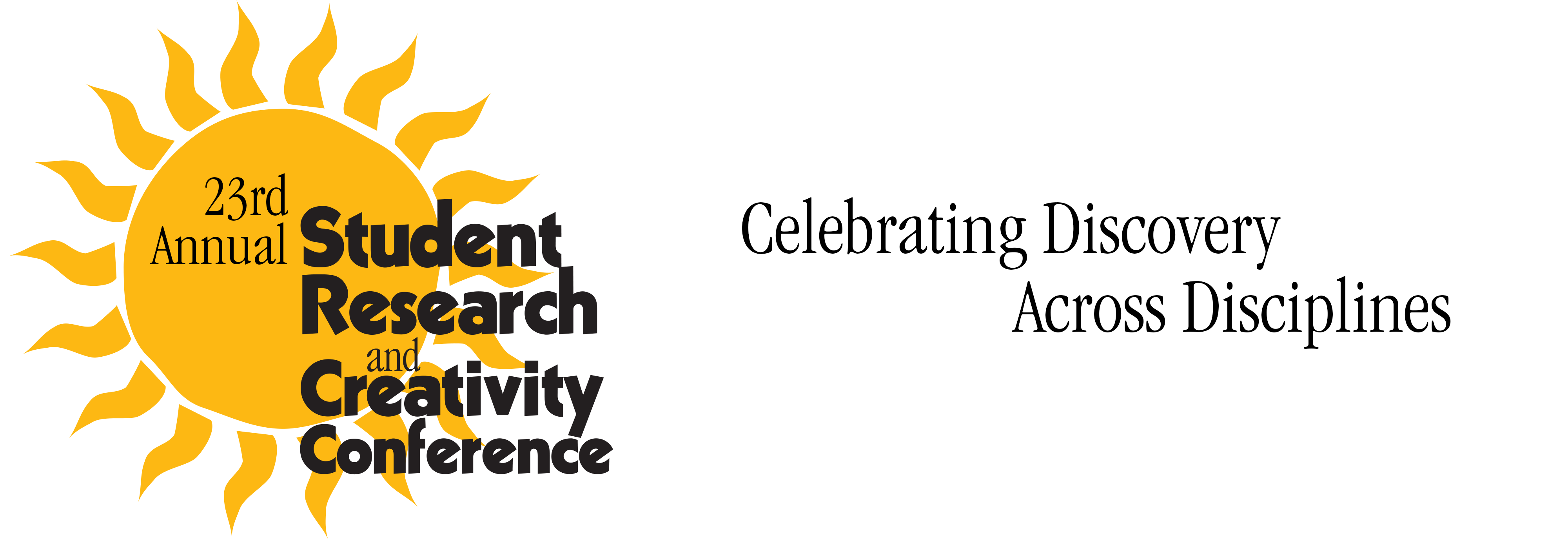Files
Download Full Text (2.1 MB)
Description
Regan Baney, Psychology
Faculty Mentor(s): Professor Jill Norvilitis, Psychology
Person-first language is used to place the personal identity of the individual before their diagnosis (e.g. Phillip is a person with Autism). Identity-first language promotes uplifting the person and their diagnosis (e.g. Phillip is Autistic). Although there is controversy about which of these is preferred, both have the common goal of respectfully uplifting the individual. The purpose of this study was to analyze the relationship between awareness of and beliefs about person-first and identity-first language and stigma toward neurodevelopmental disorders among a sample of 48 neurotypical participants. We examined their perspectives on the application of these linguistic tools to people diagnosed with Attention Deficit-Hyperactivity Disorder or Autism Spectrum Disorder via a survey on Amazon's MTurk platform. We found higher stigma levels coincide with a desire to be more respectful with language choices. We found stigma toward those with ADHD is positively correlated with a greater desire to be respectful in language choices (r=.71, p<.001), with the same trend being seen with Autistic individuals (r=.79, p<.001). We believe this is likely due to a concept we are calling benevolent ableism, similar to benevolent sexism, in which participants see people with these diagnoses as inherently inferior or lower than themselves. However, they also see them as people who need to be protected, hence the desire to be respectful with language.
Publication Date
2021
Recommended Citation
Baney, Regan, "Person-First vs. Identity-First: Does Language Matter?" (2021). Psychology and Social Sciences. 6.
https://digitalcommons.buffalostate.edu/srcc-sp21-psychsocsci/6




